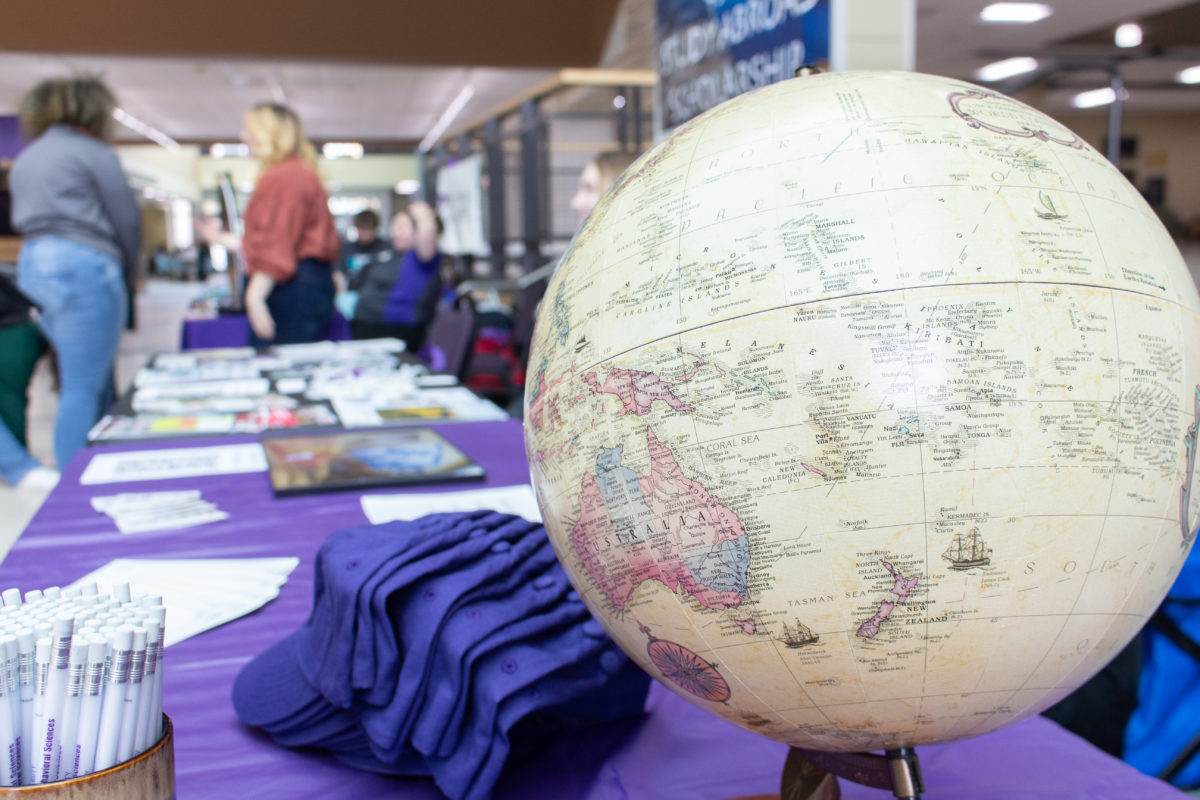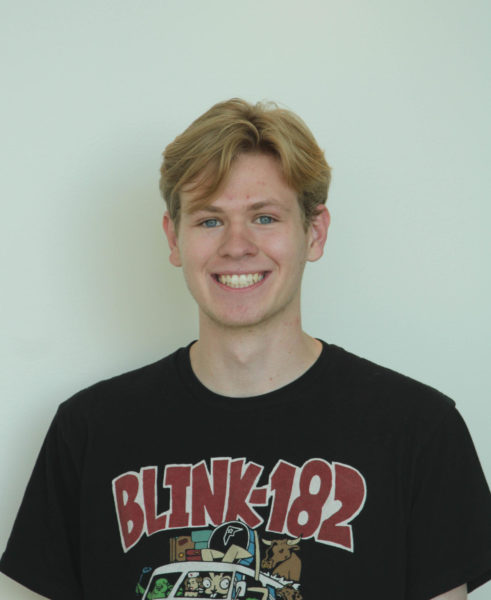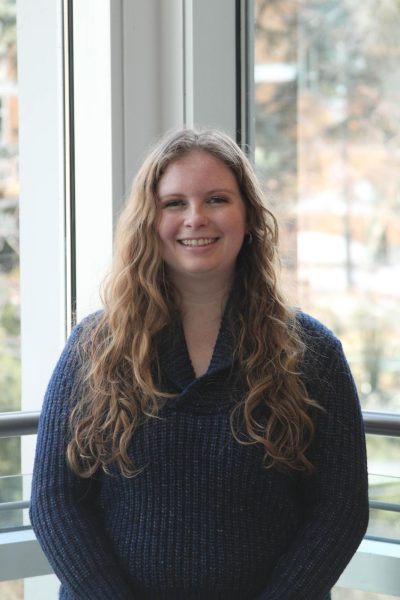Translation Week, an annual event sponsored by Weber State University’s Department of World Languages and Cultures, started on Sept. 25 and will end on Sept 28.
Translation Week first came to Weber State in 2019 and was put together by Isabel Asensio, department chair for World Languages and Cultures.
Translation Week aims to inform students of the programs around campus and career paths for translation, interpretation and localization. This event is celebrated through keynote speakers and activities for students to participate in.
“Many departments at Weber State have events that are known around campus,” Asensio said. “The English Department is known for their literature conference, the physics department has their open house, so I wanted the campus community to know us for Translation Week.”
When Translation Week first started in 2019, it consisted of only a couple events, but now, Translation Week has grown to have one event per day.
The first event of the week was a virtual lecture about literary translation from award-winning translator Christiana Hills on Sept. 25. Hills’ expertise is translating French to English. Students had the chance to learn about careers and issues in translation from an expert in the translation community.
Pablo Mugüerza, a medical translator, will give a virtual lecture on Sept. 26 from 9 a.m. to 10:15 a.m. After practicing medicine, Mugüerza became a translator for the medical field, focusing on English-to-Spanish translations. Here, attendees can learn about the importance of translation within the medical field.
Registration for both these virtual events can be found through WSU’s website.
On Sept. 27, the Department of World Languages and Cultures will have a table set up in the Shepherd Union Atrium with Scrabble and other word-related games.
Located in the 404AB sky room in the Shepherd Union building, the final event of Translation Week will be on Sept. 28 from 10:30 a.m. to noon. This event is a translation and localization employee fair. Students will learn about possible careers within the translation and interpretation community.
“We have invited a bunch of language service companies that are local to come to campus,” Asensio said. “We want to let students know that there are more jobs in the language community than they think.”
Students can also learn about which programs and organizations are available at WSU for translation at the employer fair.
Asensio said Translation Week had to evolve and think outside of the box when the COVID-19 pandemic started in 2020.
“In a way, it has helped us because we have virtual presentations with renowned scholars in the field of translation and interpreting that we would not be able to bring in person,” Asensio said.
Asensio’s favorite aspect of Translation Week is seeing the interest in translation and localization sparked in students after lectures and events.
















